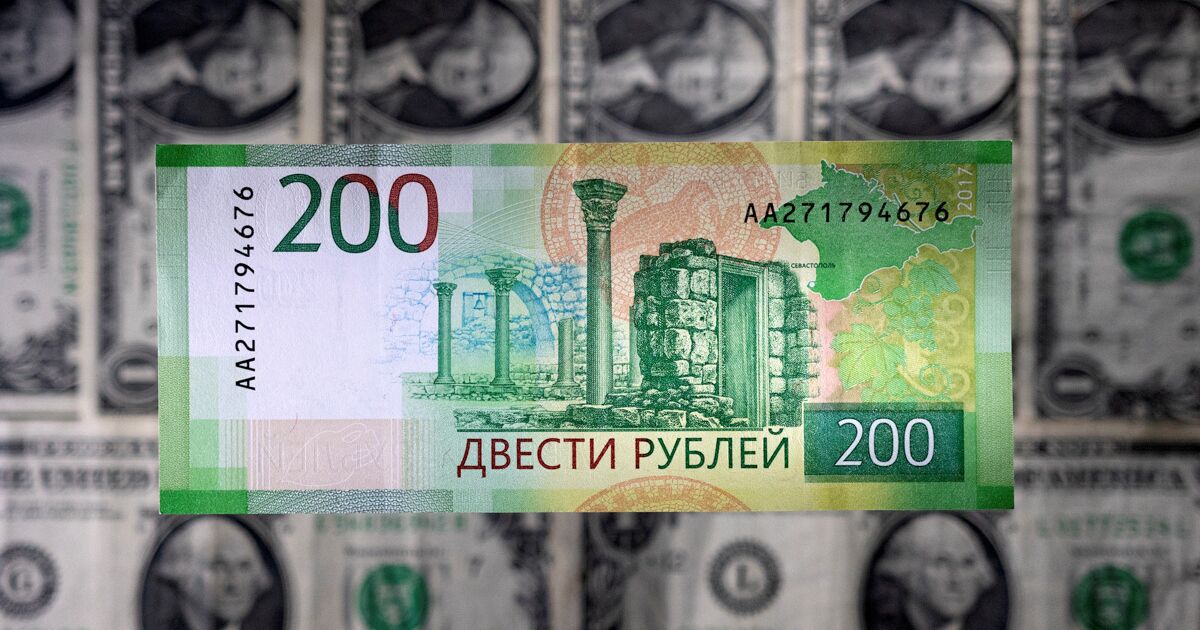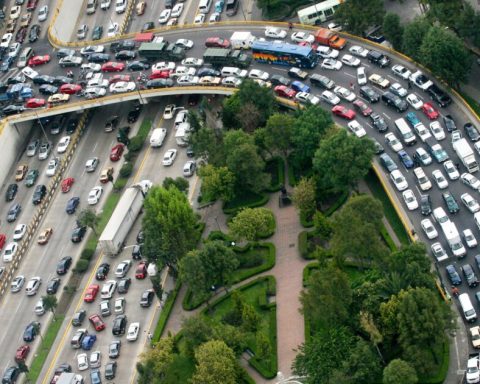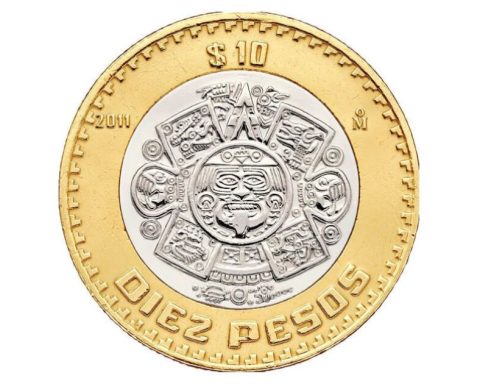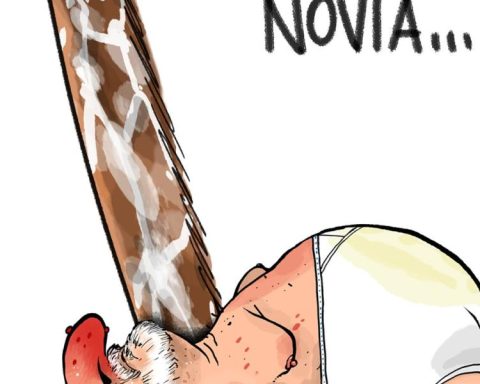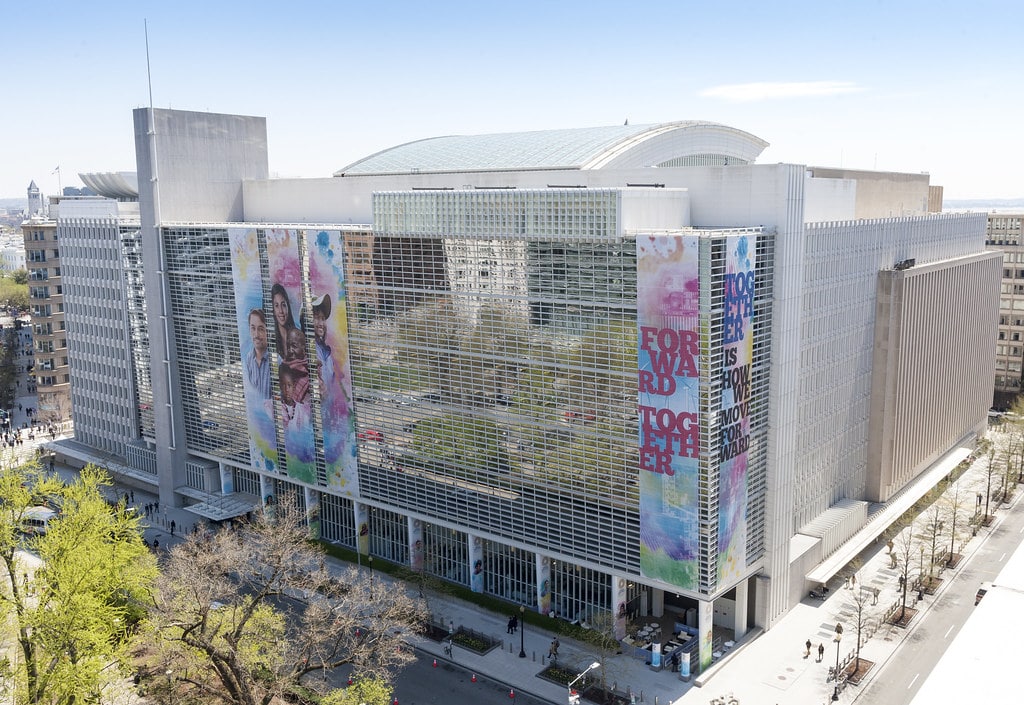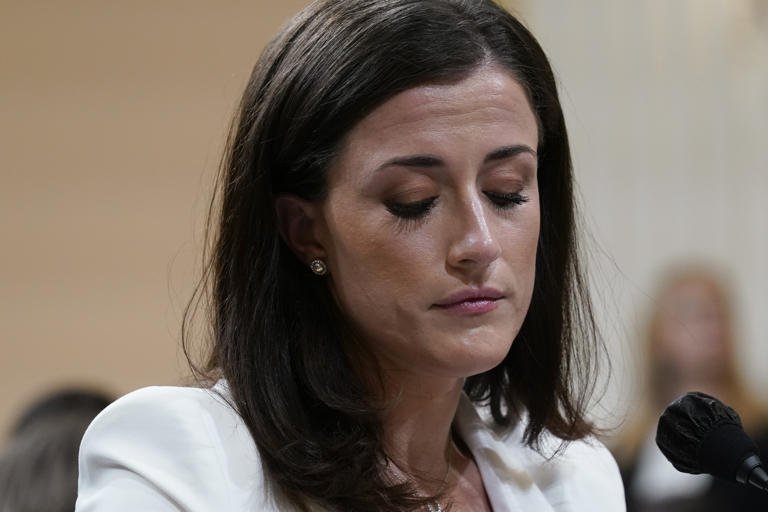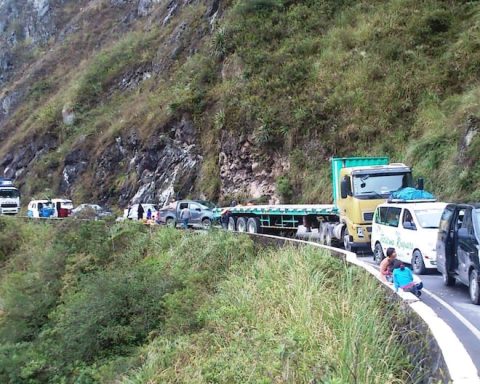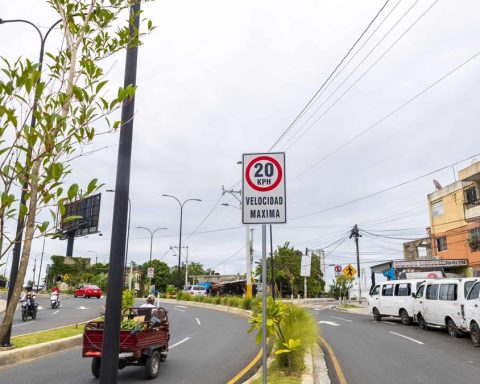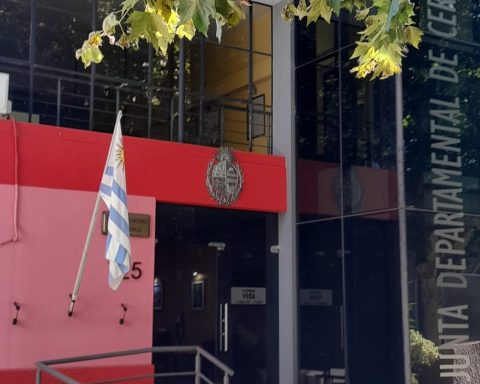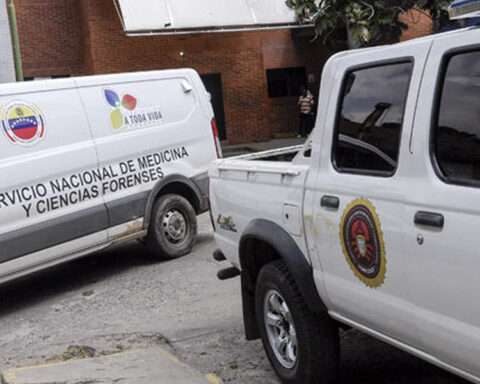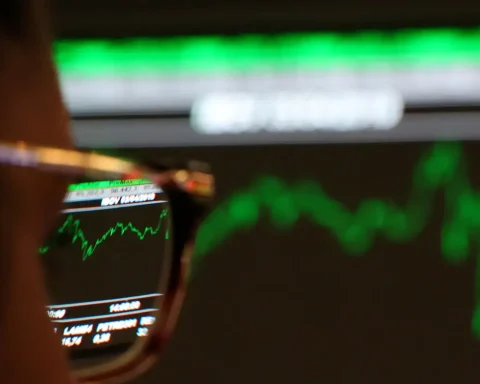“The claims about a Russian cessation of payment are absolutely illegitimate,” Kremlin spokesman Dmitri Peskov stressed to the press, referring to the information released by financial news agencies, which had indicated that Russia incurred in a default. .
Because of the sanctions ordered in response to its offensive in Ukraine, Russia can no longer make transfers in Western currencies to repay the interest on its foreign debt acquired in dollars or euros.
On May 20, Russia announced that it had paid interest on two debts, of 71.25 million dollars and 26.5 million euros respectively, that is, seven days before the scheduled date to prevent those transfers from being blocked due to sanctions. which came into force five days later.
“It’s a joke”
But those sums were not transferred to creditors, as bank intermediaries blocked them as a result of the sanctions, the Russian ministry stressed.
In this way, Russia is in a non-payment situation since Sunday night, the deadline for making the reimbursements in question.
Moscow is likely to default on all payments related to its foreign debt scheduled for the remainder of the year, amounting to hundreds of millions of dollars.
“The international payment and clearing systems obtained the funds on time and in full and had the legal and financial means to transfer the funds in question to the final recipients,” the Russian Ministry of Finance denounced.
Those two payments are the last that Moscow tried to make in foreign currencies. Since the end of May, Russia has stated that it is paying off its debt acquired in dollars or euros in rubles, something that also exposes the country to a situation of default. Last week, Russian Finance Minister Anton Siluanov called the situation a “joke”.
300 billion frozen
“This is not about a default of our country but about the artificial and deliberate collapse of the international payment system,” denounced the vice president of the upper house of Parliament, Konstantin Kosachev, in statements to the Ria Novosti agency.
The Kremlin spokesman warned that the West should not seize, under the guise of default, some $300 billion of Russian financial reserves that are frozen abroad due to Western sanctions ordered against Moscow.
These reserves are “illegitimately frozen and any attempt to use them will be equally illegitimate, it will practically be theft,” he stressed. Since the three large international financial rating agencies stopped working with Russia, it is an organization that brings together large international banks (Credit Derivatives Determinations Committees) that evaluates whether or not Russia complies with the payments to its creditors.
In 1998, almost two years before Vladimir Putin arrived in the Kremlin, Russia, undermined by the effects of the fall of the Soviet Union, the crisis in the Asian economies and the drop in commodity prices, was forced to default on its national debt payments and impose a moratorium on its foreign debt.
The country, whose public debt in foreign currencies reached then 141,000 million dollars, had to wait twelve years to be able to borrow again in the international markets. Russia’s previous default on its foreign debt dates back to 1918, when Lenin decided not to pay off the debts of the tsarist regime.
